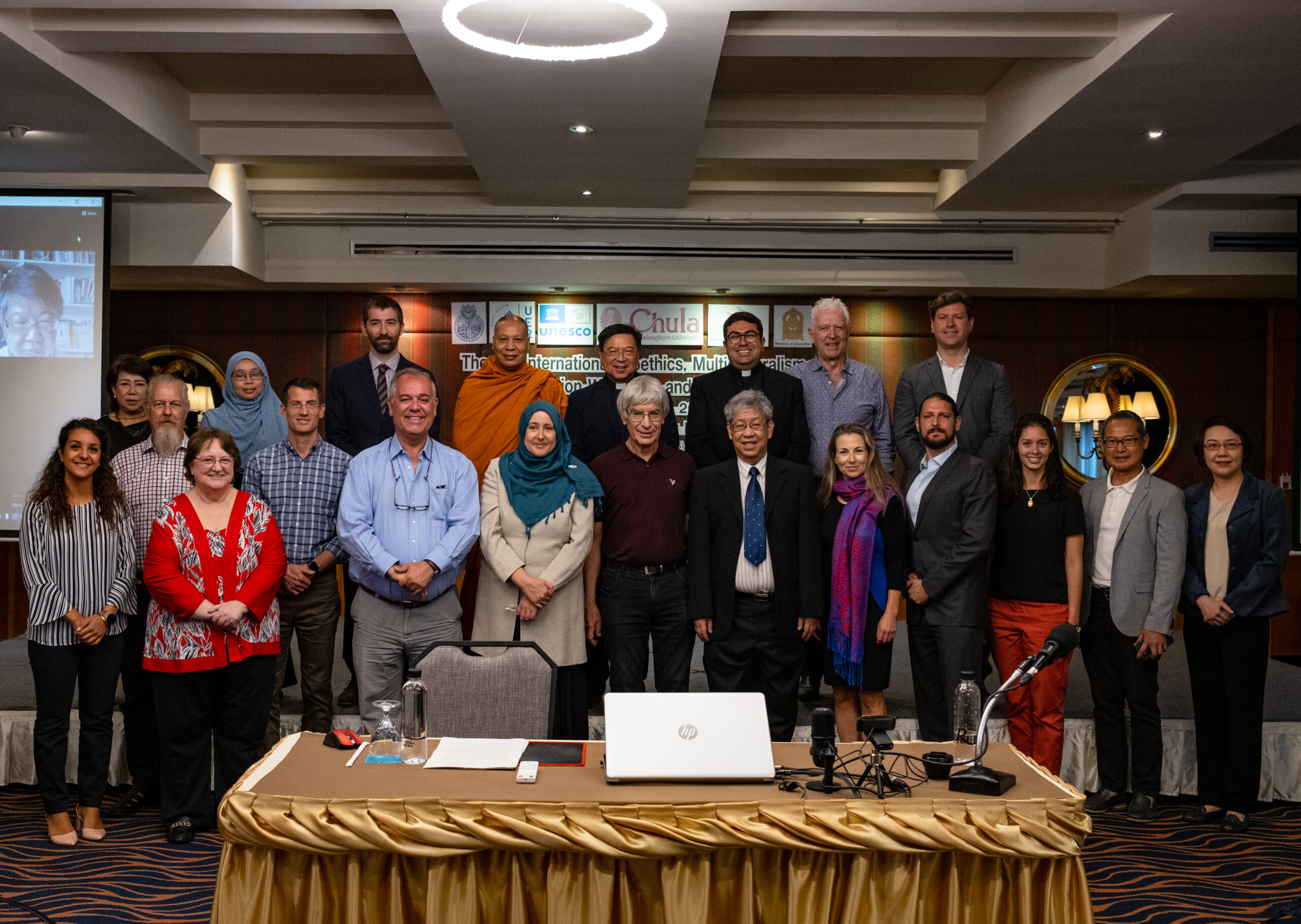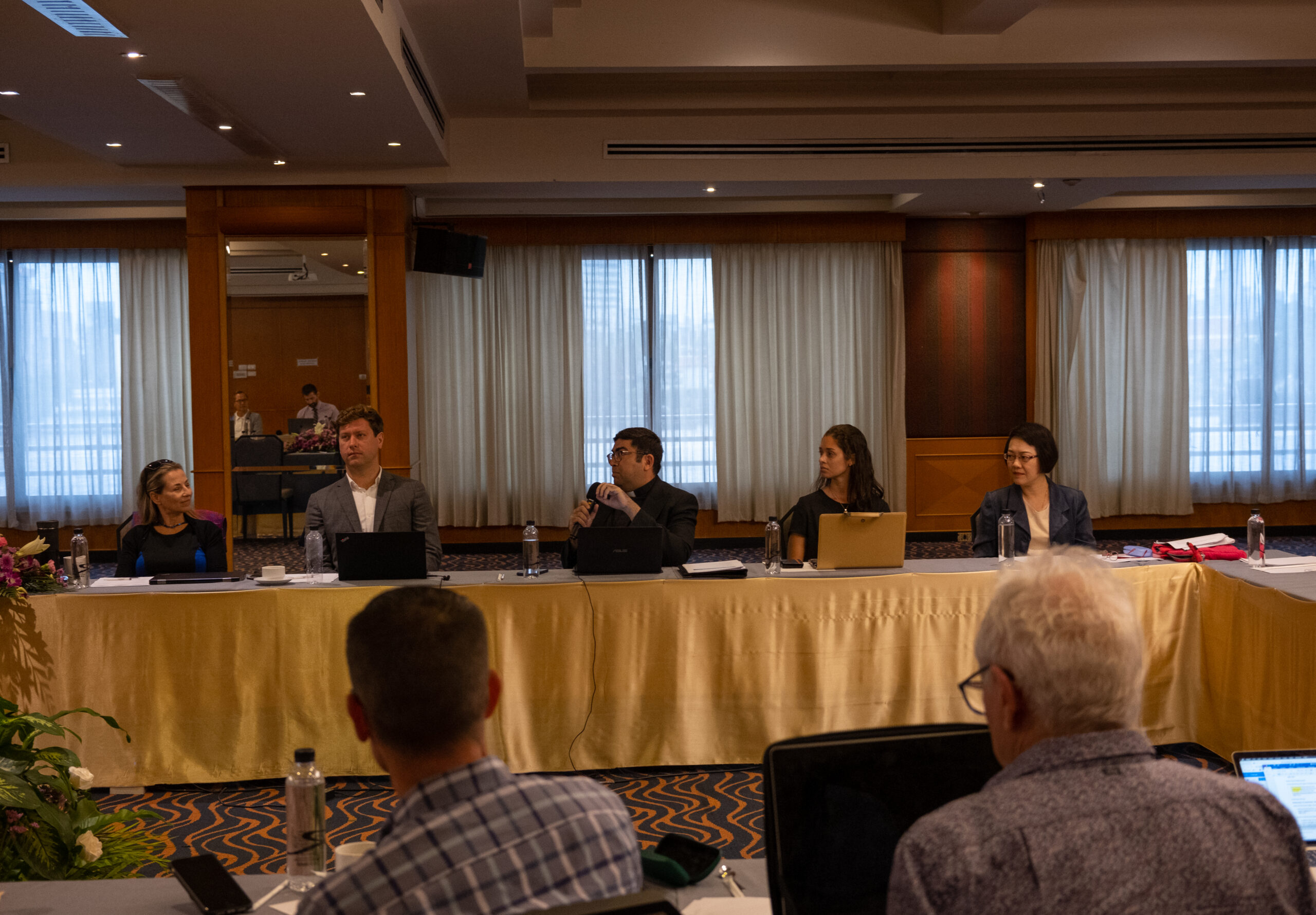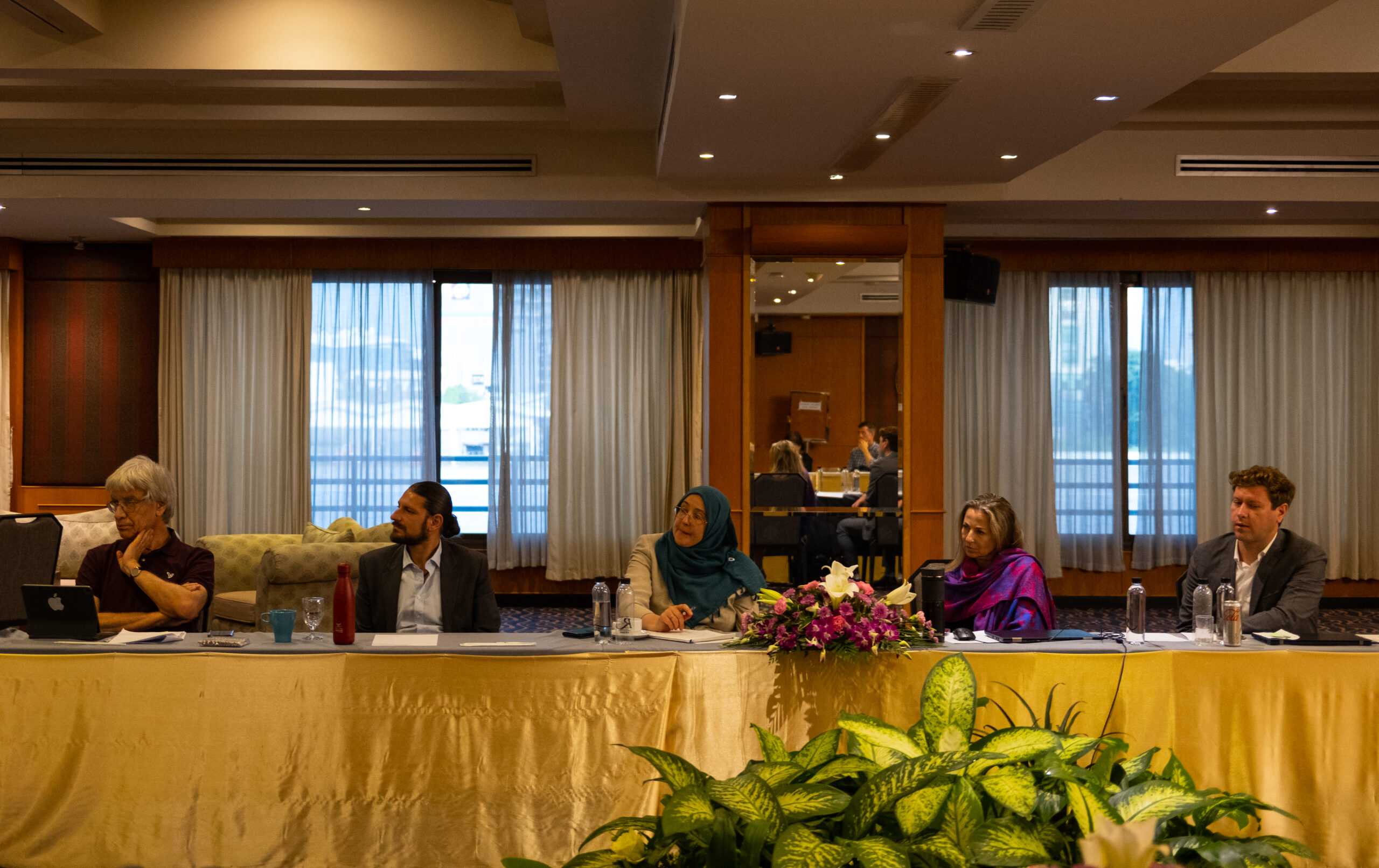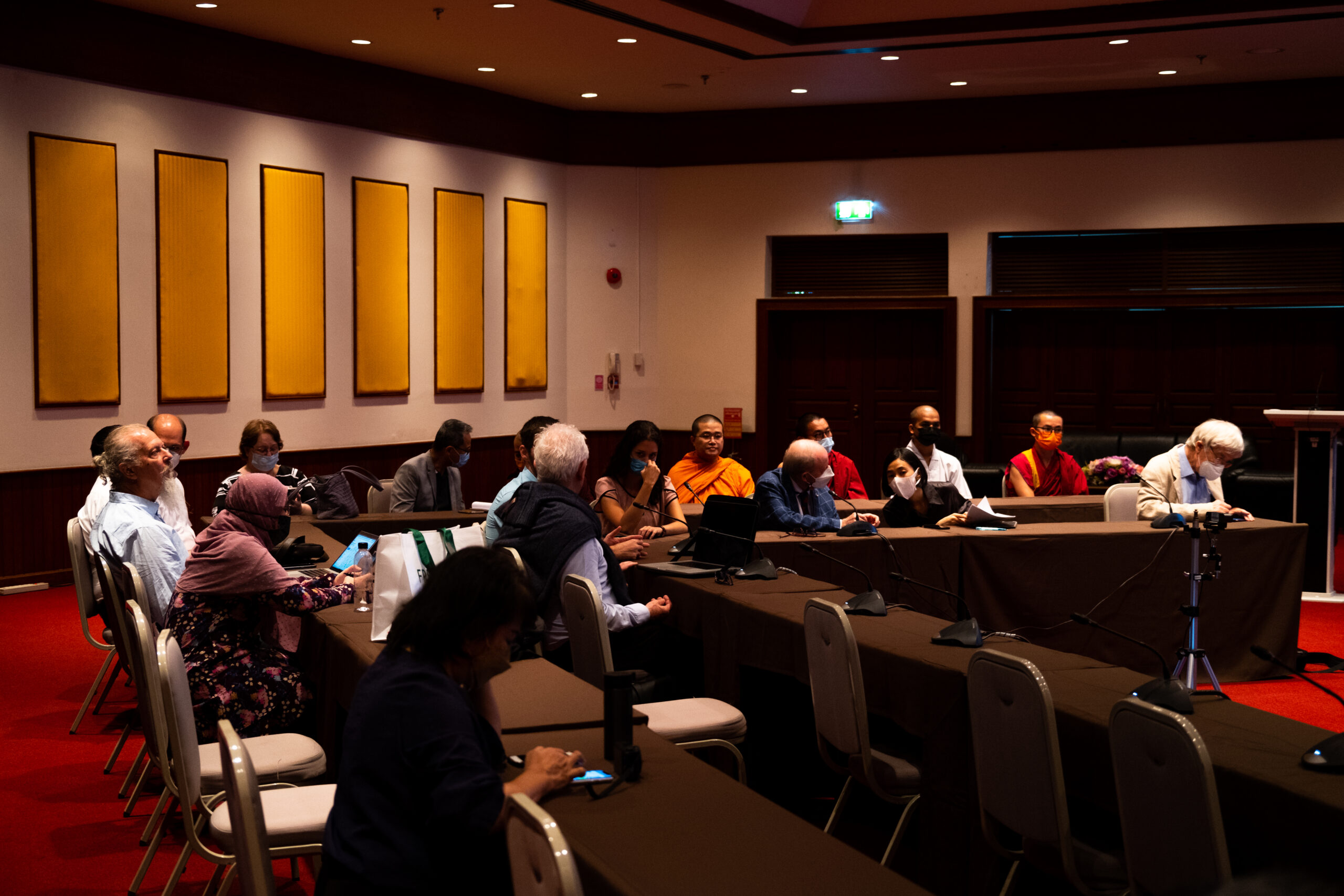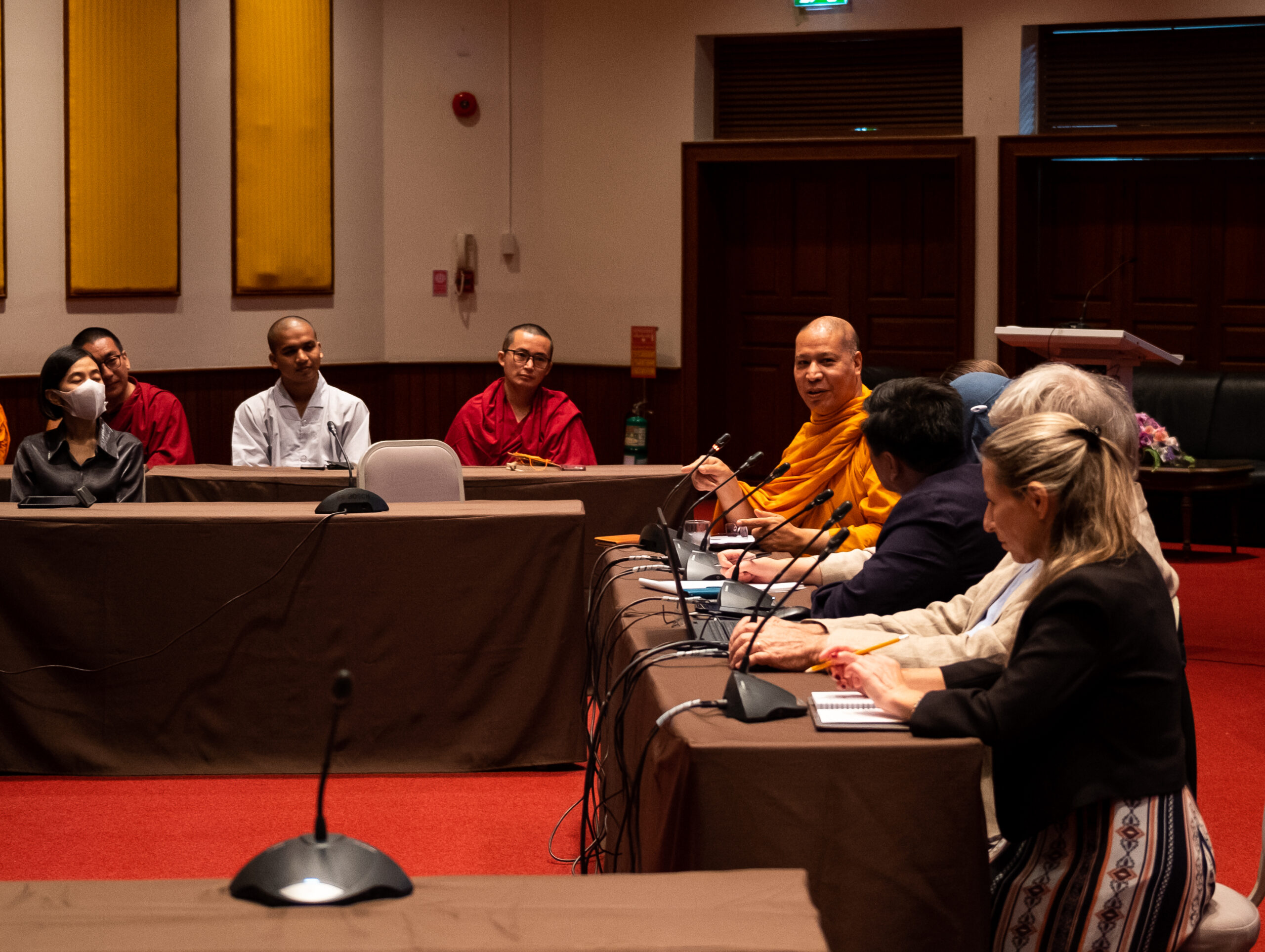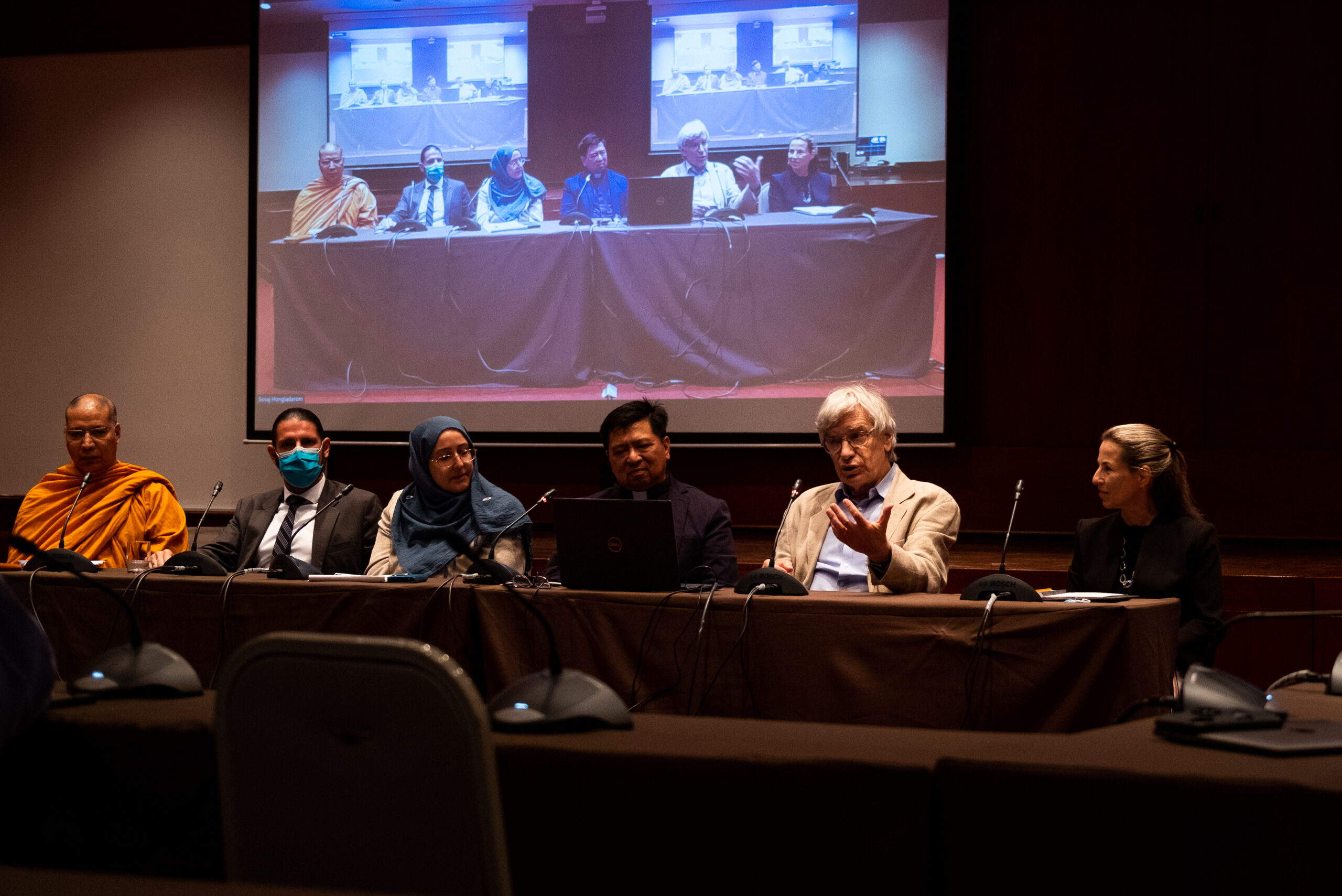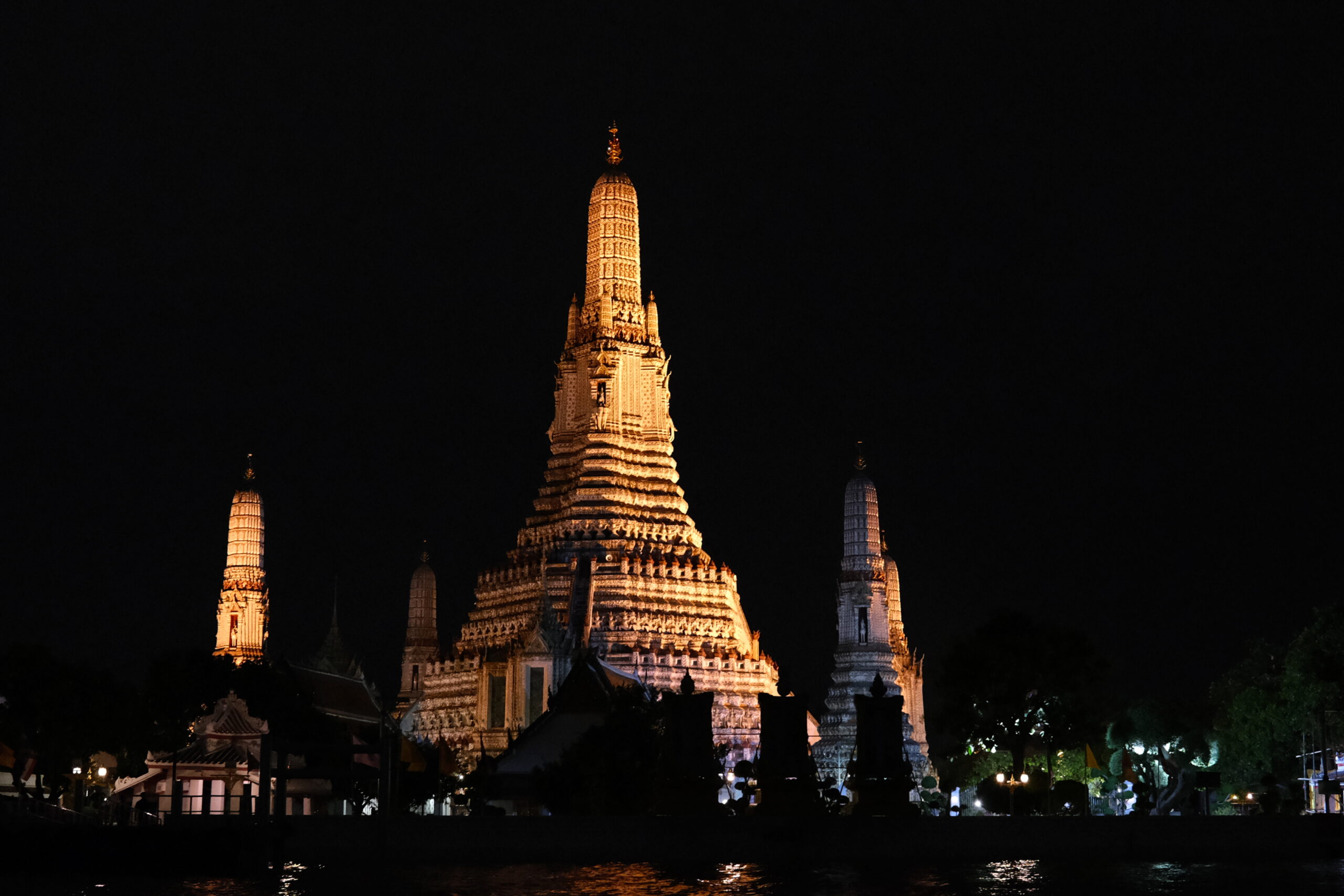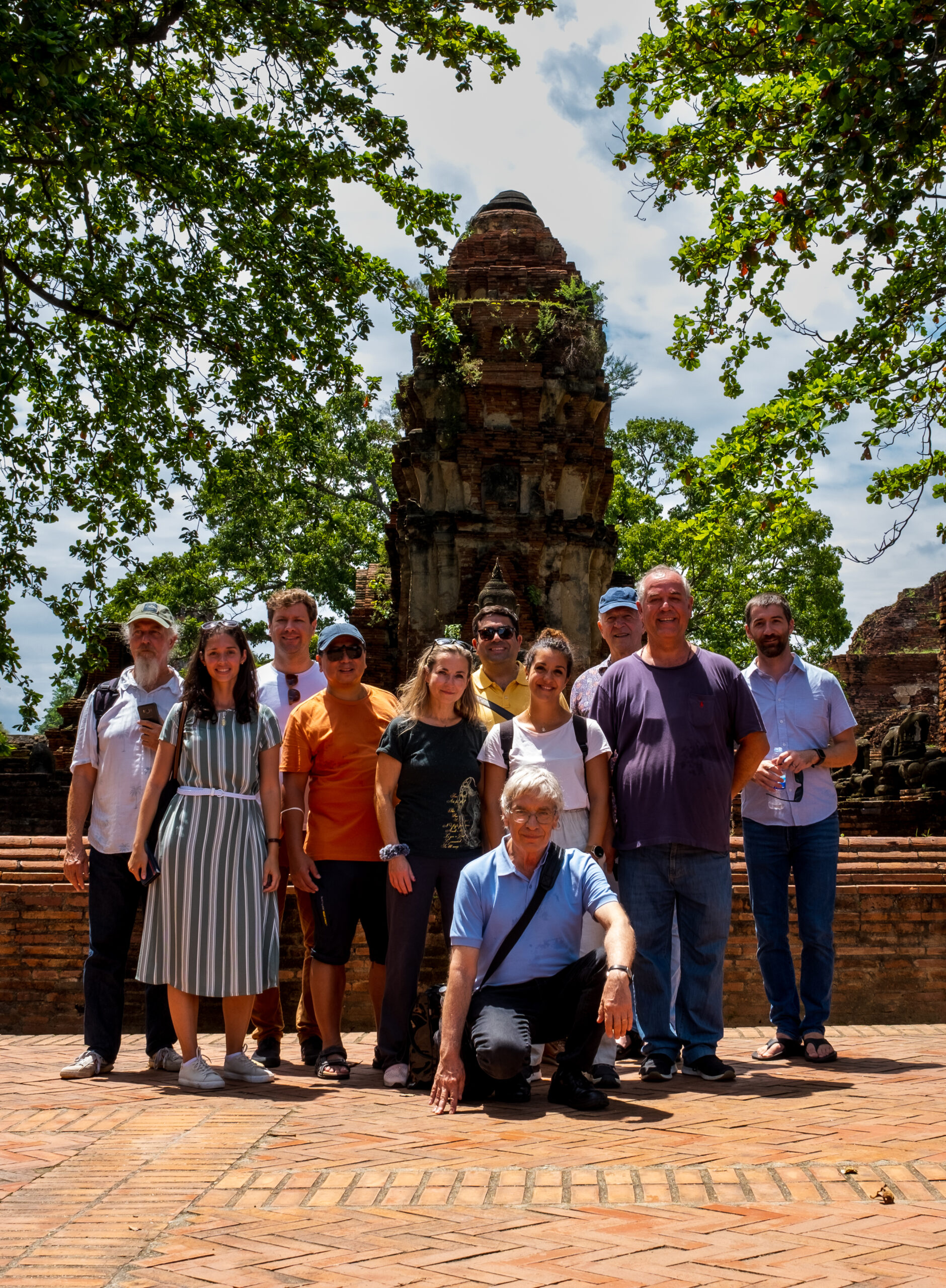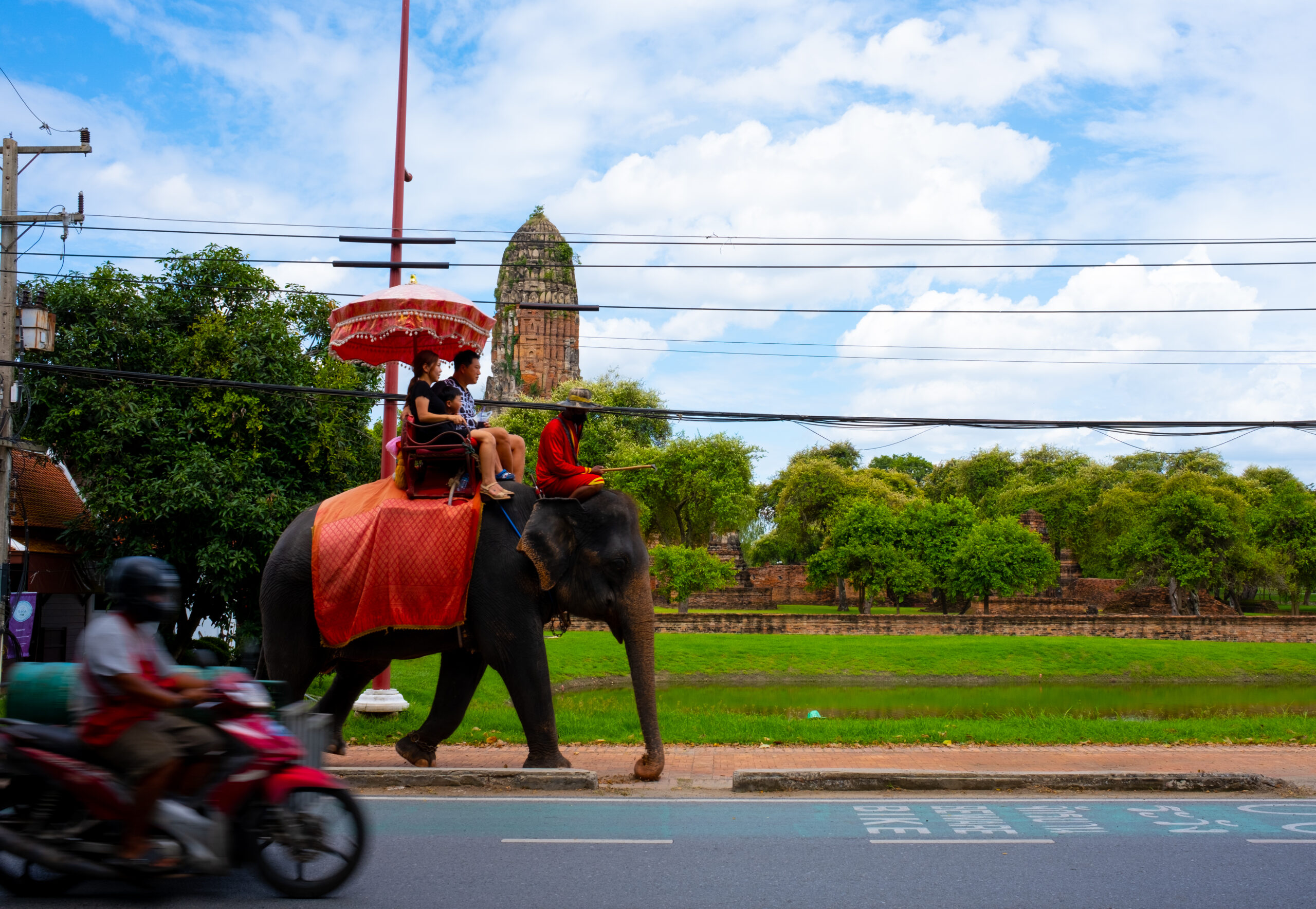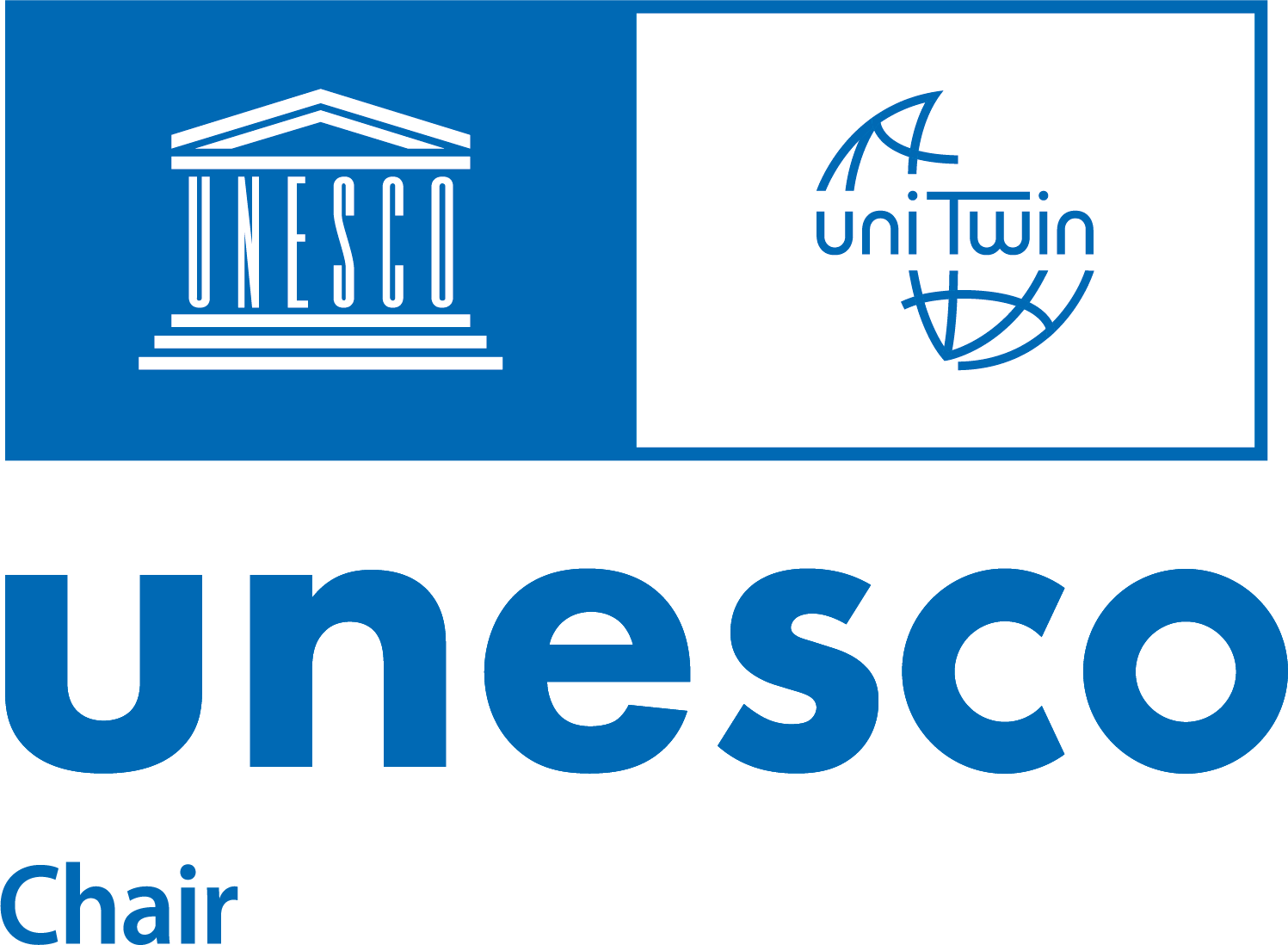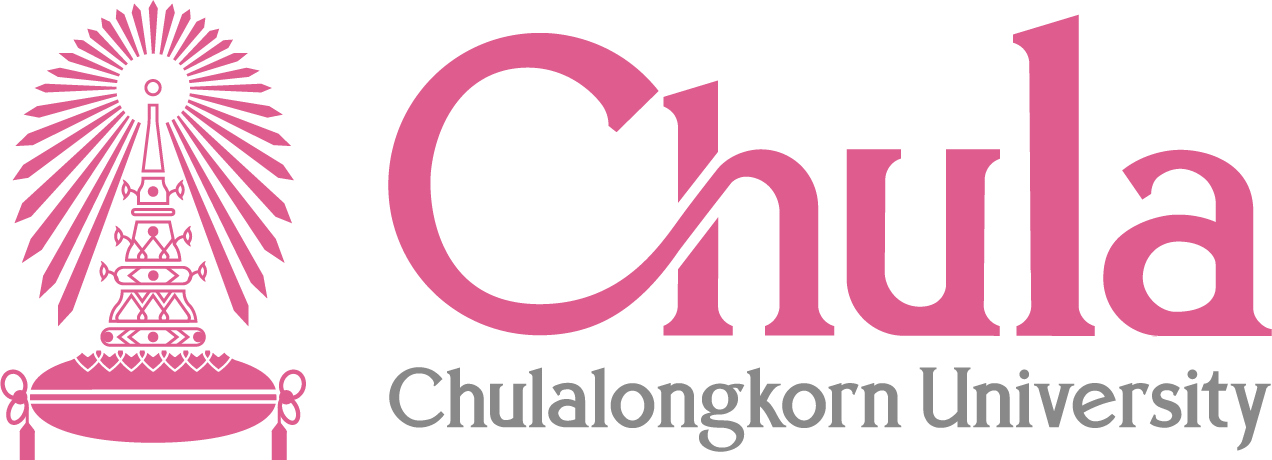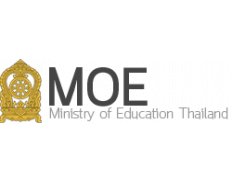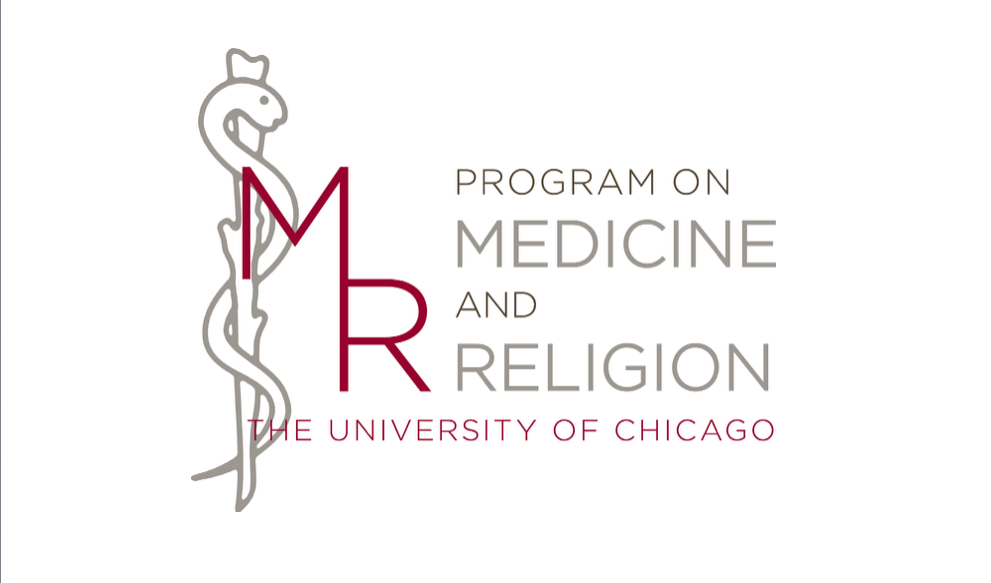Religious Perspectives on Bioethics: Protecting the environment, the biosphere and biodiversity
SEPTEMBER 20-22, 2022
Experts from religious (Buddhist, Christian, Confucian, Hindu, Islamic, Jewish) and secular traditions will analyze and discuss “Religious Perspectives on Bioethics: Protecting the environment, the biosphere and biodiversity” from an Interreligious and Multicultural Perspective during a three-day UNESCO Chair workshop.
The workshop will address the bioethical challenge of protecting future generations in the light of article 17 of the UNESCO Declaration on Bioethics and Human Rights: “Due regard is to be given to the interconnection between human beings and other forms of life, to the importance of appropriate access and utilization of biological and genetic resources, to respect for traditional knowledge and to the role of human beings in the protection of the environment, the biosphere and biodiversity”.
The general theme for this workshop was suggested by the experts participating in our previous workshop (Houston 2016). To find convergence and cooperation in the field of these crucial issues related to the protection of the environment will be the core subject matter of the papers and workshop discussions and lectures. The collection of these papers will result in the publication of a book.
The 2022 Thailand workshop and symposium under the auspices of the UNESCO Chair in Bioethics and Human Rights serves as one of the world’s foremost multicultural and interreligious academic bioethics conference.
We have chosen Thailand for this workshop because of its prestigious higher education institutions and the Buddhist cultural sensitivity to this topic. The topics discussed will capture the attention and interest of health professionals, university scholars, the scientific community, researchers, media, policymakers, environmentalists and the general public.
The workshop is held by the UNESCO Chair in Bioethics and Human Rights and co-organized with the Center for Science, Technology, and Society, Chulalongkorn University, Bangkok, Thailand. Sponsors include the Ministry of Education, Thailand and the University of Chicago Medicine Program on Medicine and Religion.
PARTICIPATION
The workshop will be held in Chulalongkorn University, Bangkok, Thailand.
For those who would like to join us in this event, please fill in this form and contact us at info@unescobiochair.org for logistical details regarding hotel, meals, transport, etc. Expenses are not covered by our organization.
We are looking into possible cultural visits with a travel agency around the dates of the workshop.



